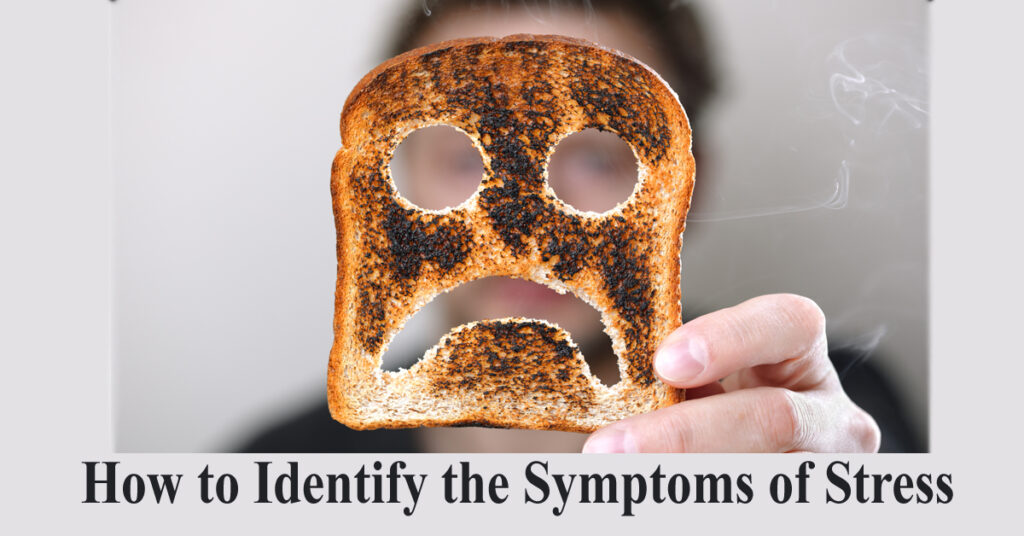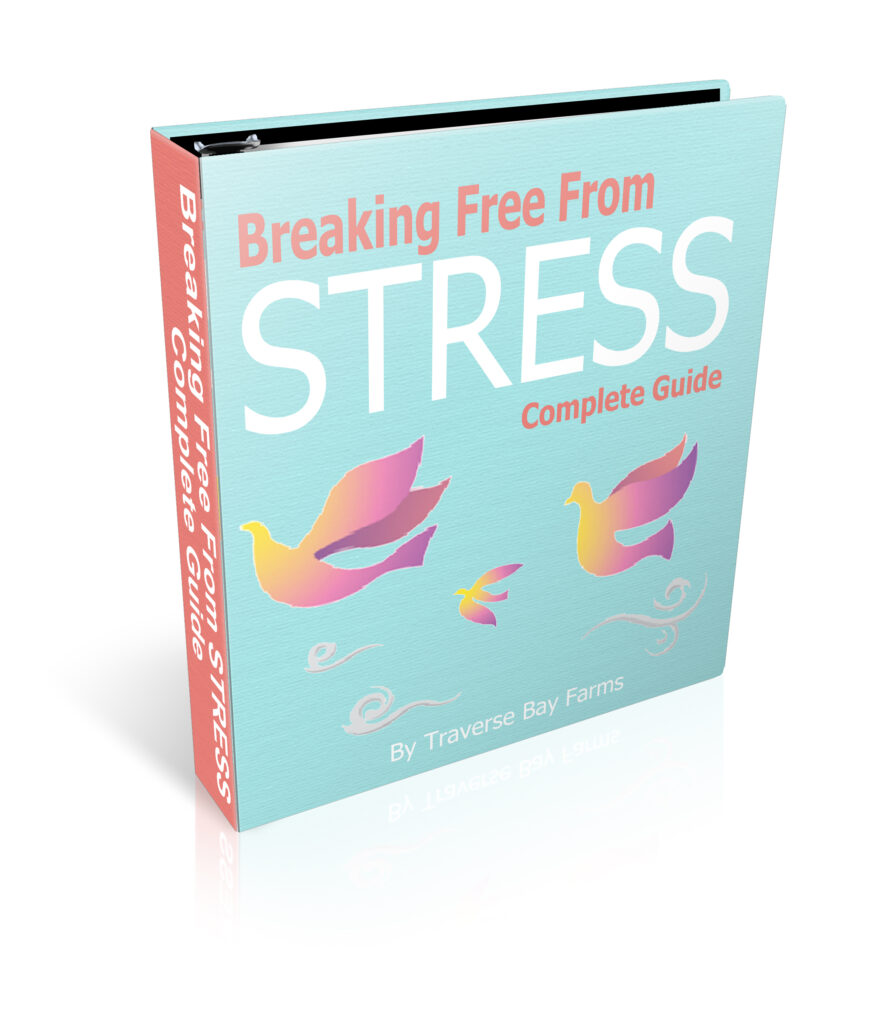To identify your stress sources, you will need to take a look at all of the small aspects of your lifestyle. Keeping a journal of your daily activities and your feelings during those activities is a good start for creating a low-stress life. That’s because you need to recognize where the stress is coming from before you can begin to work with it.

Many people are “generally” stressed and have not spent the time to sit down and think about what the actual causes of the stress are.
The easiest way to identify stress causes is by listening to your body. Most people react to stress in one of several ways.
Changes in Appetite
Changes in appetite are one of the most common symptoms of stress. In fact, stress and eating are closely related. Some people deal with stress by eating very little and some people deal with stress by eating more – comfort eating. It’s good to become aware of any changes within a diet so that the root cause can then be sought after.
Even eating disorders like anorexia can be caused by a stressful event. Many people are unable to eat or find food to be unappetizing when they are under extreme pressure. An event like a move or a change in jobs can sometimes set off this stress reaction. Get a free step-by-step guide of the Breaking Free From Stress Guide – Click Here
Not eating enough and overeating can have harmful effects on your body so it’s good to notice when it becomes an issue. Stress-eating can create health problems like obesity and heart disease. If you are noticing changes in your eating habits, including binge eating, stress may be the cause.
Changes in Behavior
Changes in behavior can also be an indication of stress. Because people handle stress in different ways, these changes are not as easily spotted as appetite changes. Many people become moody or angry during a stressful event. This anger can be directed at friends and family members and might seem to come from nowhere. Mood changes that puzzle friends and family can cause more stress because they often lead to arguments and hurt feelings.
A lack of emotion or the loss of the feelings of enjoyment that are normally present in your life can also be a sign of stress. Some people hide their stressful emotions and become silent when faced with adverse situations. These people often ignore stress symptoms until physical damage occurs. High blood pressure and anxiety can come from suppressing emotions during stressful events.
Changes in Body Functions
Changes in bodily functions like bowel habits are also a sign of stress. Extreme changes such as frequent diarrhea or vomiting can cause damage to the digestive system and other organs. Symptoms like these should be mentioned to a doctor.
Many people have changes in their skin condition when they are under pressure. Pimples and dark circles under the eyes can come from stressful situations – even eczema has been linked to stress and many teenagers will get skin conditions during an exam period.
It is best to try to identify the causes of your stress symptoms so that you can prevent those symptoms from becoming dangerous to your health. Creating a journal of your symptoms and feelings will help you to pinpoint those stressful situations so that you know where the stress in your life is coming from. Stress can come from the most interesting places.



























